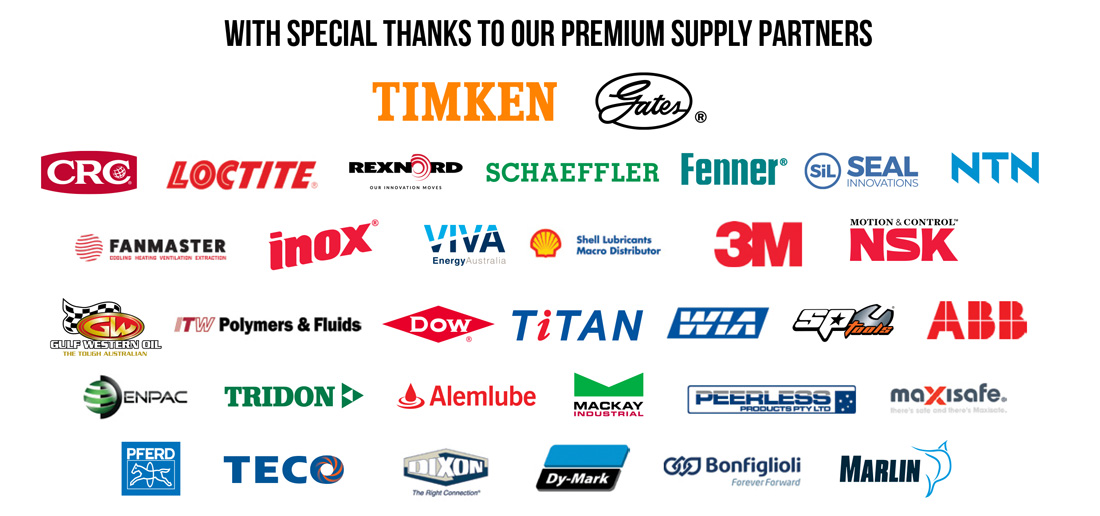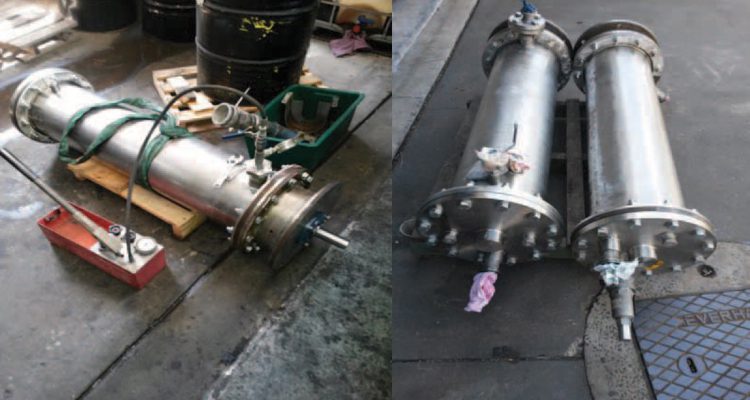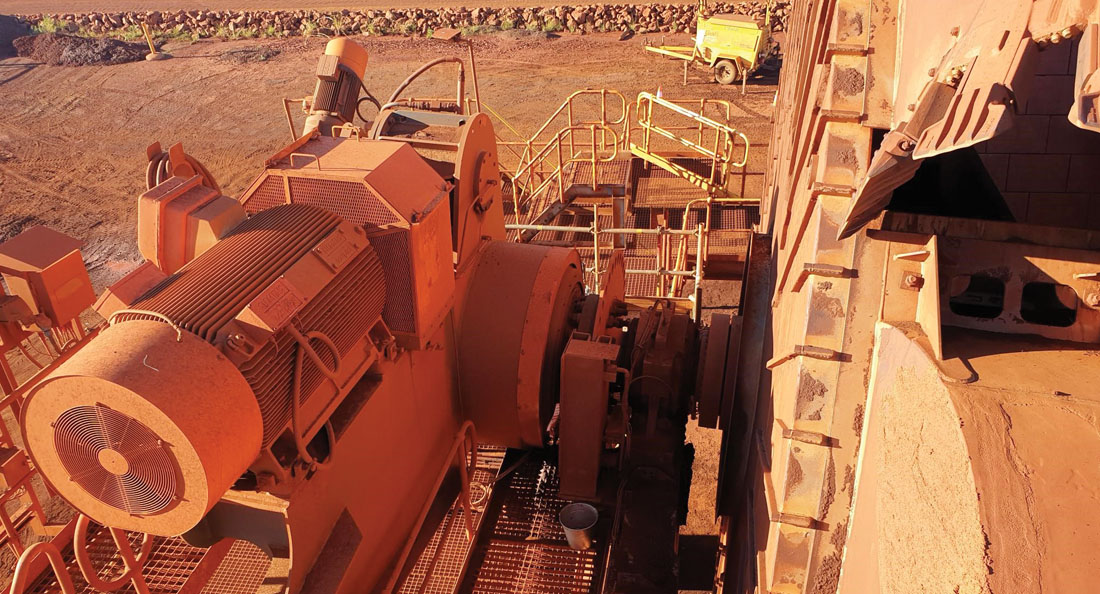There are few industries where leak-proof sealing solutions are as important as in the food and beverage sector. When sealing arrangements fail and product begins to leak from a pump, valve, mixer, blender, agitator, evaporator, hot oil system or lubrication system, it can cause risks and problems for the food processing plant.
Aside from material loss, leakages can lead to accumulation of bacteria on equipment and food contamination and create housekeeping problems for the plant operators. More importantly, there is often considerable downtime to replace or repair the equipment.
Mechanical seals are used across the food manufacturing industry to seal rotating equipment. But as mixing and blending ingredients often involves heat, this can in turn cause the material to expand and leak from the seal. This was the scenario playing out for a major Australian food manufacturer, who had come across a substantial leak from mechanical seals on the four-pin mixers rotating margarine under high pressure and high temperature.
Attending to the problem were a team of experts from Seal Innovations. Lance Brett, National Sales Manager at Seal Innovations, says the team was required to dismantle, repair, test and reinstall the mixer within just one week to prevent further production losses for the customer.
“When we inspected the site, we identified a range of problems with the four-pin mixers. We disassembled and transported the units to our workshop and used our in-house equipment and capabilities to machine and repair the end covers, machine shafts, reinforce split ring flanges and machine plain bushes. We also reclaimed the shaft ends and replaced the damaged pins. After supplying four new RB874B mechanical seals and the required bearings, o-rings, gaskets, fasteners and split rings, we finally assembled the mixer units and carried out pressure testing to make sure they were leak-proof,” Lance explains.
“We not only repaired the seal, but we also made improvements in the design to make sure that the plant does not run into similar problems in the future. This is something that we always try to do with all of our repair and rebuild projects. And it paid off too. We installed the modified four-pin mixers back in 2016 and the plant has since not experienced any more leakages,” he adds.
While such an extensive scope of work would, under normal circumstances, require at least two weeks to complete, Lance says the team managed to complete the job in only one week, leading to substantial time and cost savings for the food manufacturer.
Lance’s recommendation to food processing plants is to adhere to a strict program of preventive maintenance for their seals.
“A plant survey is a good place to start,” he says. “By conducting a full site survey, our experts can identify all of the rotating equipment working in the plant and then propose recommendations to improve the sealing arrangements. We then usually come up with a monthly maintenance schedule and also provide on-site training to the maintenance crew.”
Formed out of the amalgamation of multiple sealing businesses, Seal Innovations (SiL) was formed in 2015 when Alliance Sealing and Seal Imports businesses were combined. The acquisition of Rathbone RB Engineering in 2018 has rounded out SiL’s product portfolio to include mechanical seals and pump refurbishment. Today, SiL has a distribution network of 15 branches across Australia and New Zealand and has become a one-stop shop for products, services and support across the four key sealing technologies: Gaskets, hydraulics, rotary and mechanical seals.
Seal Innovations as a part of the Industrial Solutions Australia group of businesses, namely CBC and BSC, offers sealing solutions across a broad industrial market in Australia. Lance says the collaboration helps support the industries more closely.
“CBC and BSC are usually the first point of contact for the businesses that they support and we are also available to support their customers with regards to sealing maintenance, workforce training and product supply. It’s the collaborative nature of our partnership that makes it a win-win for the end users.”




